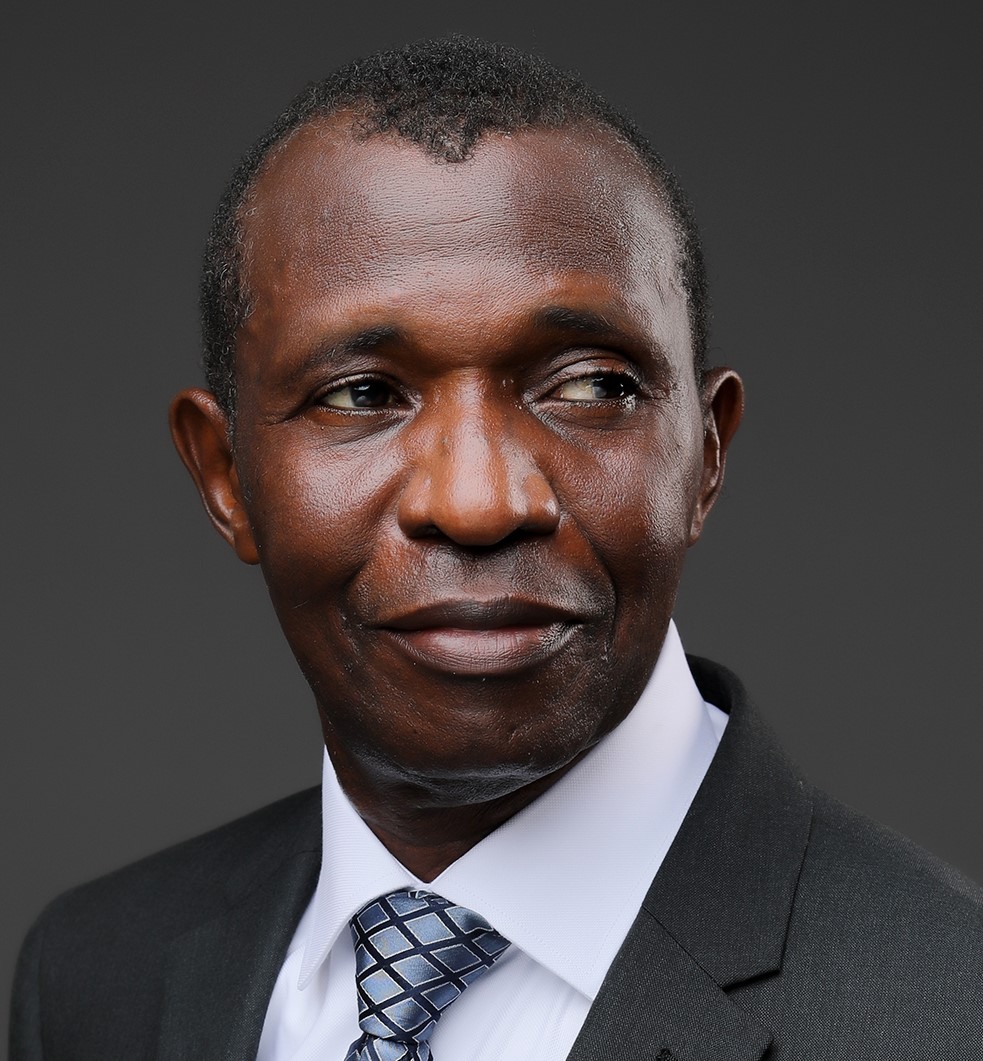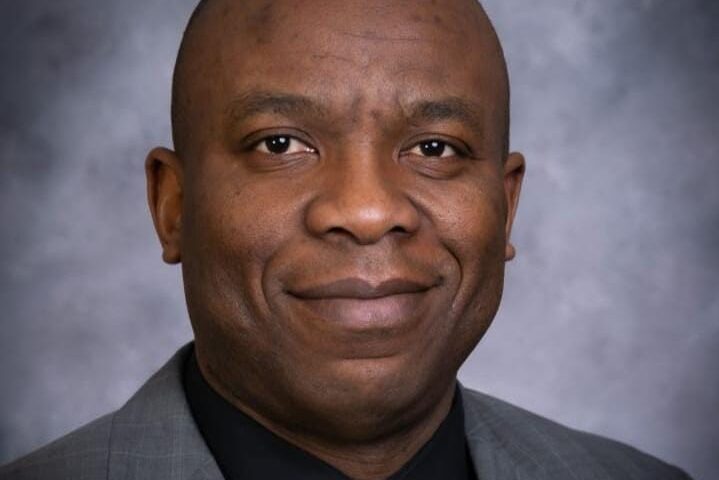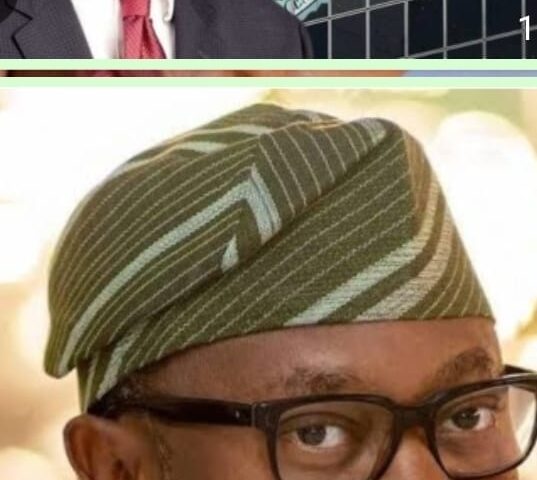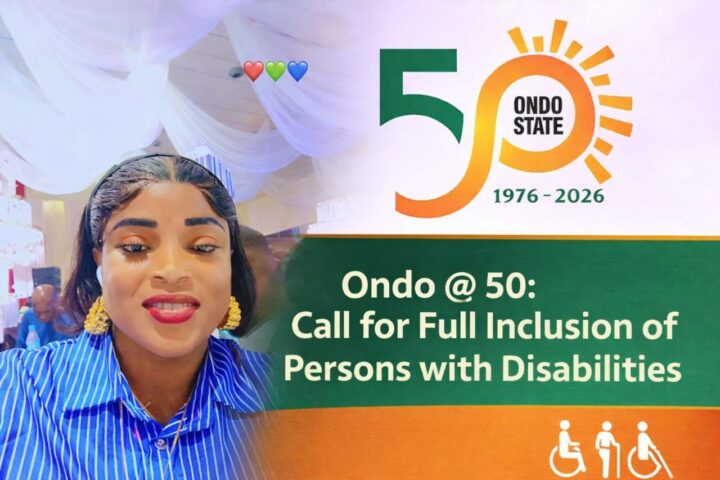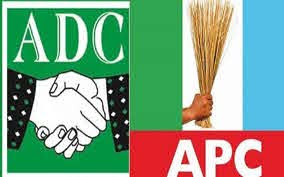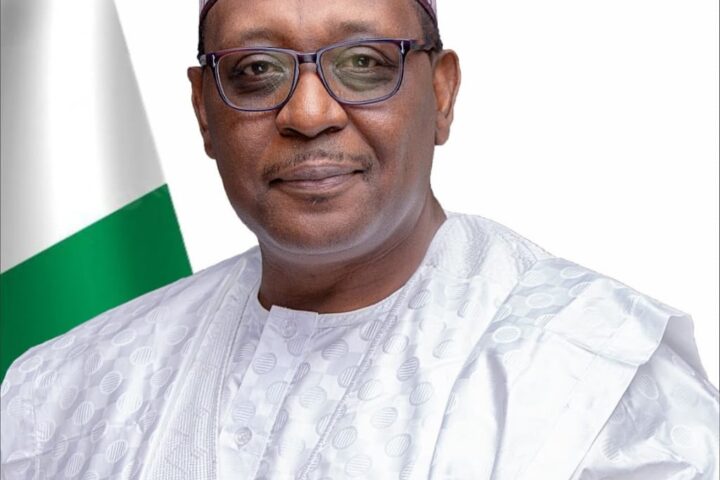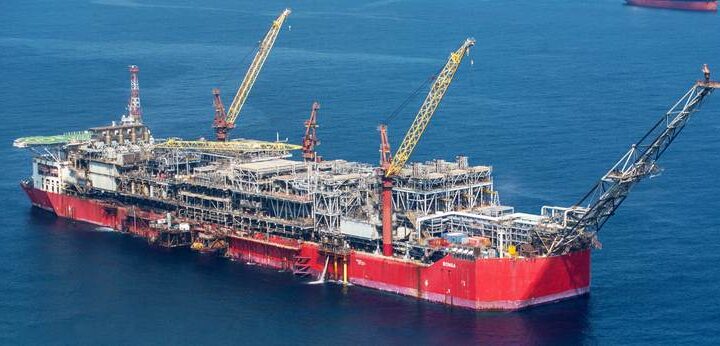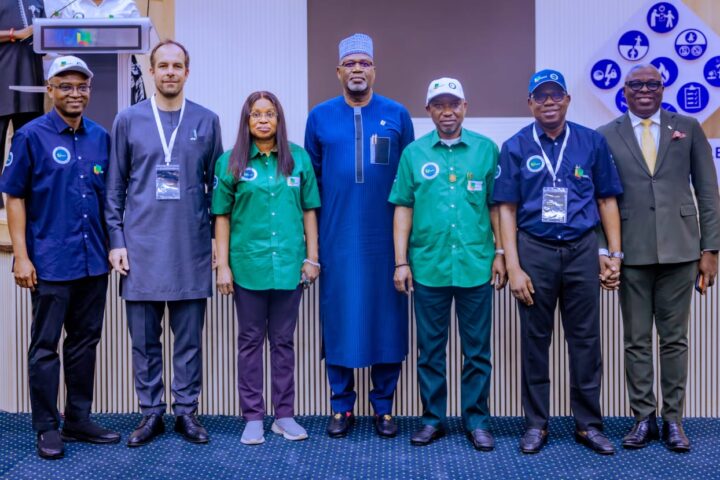By Michael Owhoko, Ph.D
In every government or institution, there is a corresponding invisible hand that remote-controls its affairs with immense influence over decision-making process, predominantly on matters of interest. In most cases, while the head, and perhaps, the kitchen cabinet, may be aware of this imperceptible parallel, it is mostly unknown to other members of the team, who ignorantly, believe that the administration’s decisions are without external interference.
The Economic and Financial Crime Commission (EFCC) is a victim of this invisible hand. The head of the Commission, and possibly, his inner caucus, are not oblivious of its presence and interference, but may be unknown to other members of staff.
By conferring the power to appoint the Chairman of the Commission on the President of the Federal Republic of Nigeria, law makers, have unwittingly, created an invisible hand for the EFCC. The invisible hand is the President, and by extension, the Presidency.
Section 2 (3) of the Economic and Financial Crimes Commission (Establishment) Act, 2004, clearly states that “the Chairman and members of the Commission, other than ex-officio members, shall be appointed by the President”, and the appointment shall be subject to confirmation by the Senate.
By this Act, the EFCC was delivered as a bondservant from inception, lacking autonomy and courage to function effectively outside the grip and body language rhythm of its master, the President. And since the head of the Commission occupies the driver’s seat, obeying all traffic regulations as beamed by the President, liberty is replaced with dependency.
Under this circumstance, what courage can the Commission’s Chairman muster to prosecute the President’s loyalists without upsetting his ego and sensibilities? This is the burden of the EFCC. Until the power to appoint the Chairman of the Commission is removed from the President, the head of EFCC will continue to operate under dominance and influence of the President, doing his bid and covertly yielding to his whims and caprices, without ethical courage to act otherwise.
No matter how committed and sincerely intentional the Chairman of EFCC may be, his drive for efficiency is weakened by presidential interference. Even if angels are imported from heaven, or heads of Terrorism and Financial Intelligence (TFI), and Federal Bureau of Investigation (FBI) of the United States of America (USA) are redeployed to manage the EFCC, their competence would be undermined by effect of the President.
This finds expression in the crux of allusions to EFCC’s selective war against financial crime and money laundry in the country. The public must recognize that the President is first, and foremost, a politician, who came to power on the ticket of his political party. He has his loyalists and those who supported the process of his ascension to power. Besides political affiliates, some of these stalwarts permeate both the critical public and private sectors.
As a politician who sets his eyes on consolidation and re-election, the President may want to stand with his loyalists during moment of travails, as part of reciprocation gesture for sustained support.
By this action, he stifles the power of the Commission to effectively go after real and powerful perpetrators of financial crime and money laundry in the country, making the Commission’s Chairman helpless without courage to step on toes for fear of being removed from office. The President also has the power to suspend or remove the Chairman of the Commission.
Evidently, circumstances that had led to sack of all past chairmen of EFCC could be linked to invisible hand of the President. To avoid this route, EFCC handles high profile cases deemed to have ties with the President with caution, classifying them as persons with blue blood in their veins. This is the trouble with EFCC, and why it is unable to effectively wage war against financial crimes and money laundry.
Most ex-governors, ministers and other political and business big wigs that have been prosecuted and convicted till date are those with either weak link or fallen out of favour with the President.
An example were former governors of Delta State, James Ibori, and Bayelsa state, Diepreye Alamieyeseigha (now late), whose demand for resource control irked the then President, General Olusegun Obasanjo.
The former President believed that the ex-governors were source of funding for the defunct Niger Delta agitation group, the Movement for Emancipation of Niger Delta (MEND), and consequently activated the invisible hand which compelled the EFCC to cut the former governors to size.
EFCC now tread with caution without discretionary initiative, constraining itself mainly to petitions received from the public, as against initiating and executing investigations on suspected individuals, and organisations, particularly those that are prone to financial crimes and money laundry. The ministries, agencies, departments of government (MDAs), legislature, judiciary and the organized private sector, are black spots.
The Nigerian environment is fraught with financial crime and money laundry, particularly the political space, yet, EFCC pretends not to know. Politics is a big industry and quick source of unearned income where people become multi-millionaires or billionaires overnight just by participation in politics or serving in the Executive, Legislature or the Judiciary.
For example, National Assembly members who carryout oversight functions in various MDAs and private sector, also double as contractors to these same organisations, despite conflict of interest. The Niger Delta Development Commission (NDDC) is replete with such unethical practices, yet, EFCC feigns ignorance.
Why is EFCC not interrogating legislators on padding of budgets? Why is EFCC not putting spotlight on MDAs’ budgets, matching line items against executed projects? Why is EFCC not looking at state governors and how they abuse Federal Account Allocation Committee (FAAC) remittances, including security votes and derivation funds?
Despite admitting that Nigerian banks perpetrate about 70 per cent of financial crimes in the country, why is EFCC not quizzing banks’ chief executive officers (CEOs) over questionable funds’ inflow, foreign exchange manipulation, and round tripping?
According to the Financial Institutions Training Centre (FITC), financial institutions in Nigeria collectively lost about N159 billion to fraud since 2020, yet, EFCC has not deemed it necessary to initiate any probe. Why are key operators and players in the Nigerian capital market not being investigated over unlawful manipulation of stock prices?
Besides, since crude oil exports constitute about two-third earnings, and over 90% of foreign exchange revenue of government, why is EFCC not extending its investigation into crude oil exports to determine possible mismatch between actual production and revenue receipts?
Also, why are suspected financiers of terrorism and kidnapping not being investigated and prosecuted for money laundry?
Sadly, since the formation of EFCC, corruption, including financial crimes and money laundry, have been on the upward swing. This is contrary to the intention of the originators, the Financial Action Task Force (FATF) on Money Laundering, an intergovernmental organization created by the Group of Seven (G7).
The purpose of the FATF was to use the EFCC to reinforce global war against money laundering, particularly at a time Nigeria was listed among 23 countries that were not supportive of the war against money laundering.
Response to this challenge led to establishment of the Commission through the EFCC Act, which further expanded the scope to include terrorism financing and, economic and financial crimes in Nigeria.
With flourishing corruption menace, and by extension, financial crimes in the public and private sectors, the environment is fertile enough to keep EFCC fully engaged. But, so far, its efforts are not commensurate with current depth and density of financial fraud in the country. Except those that are endorsed by the invisible hand for thorough investigation, high profile cases with real negative impact on the economy are either deliberately overlooked or mismanaged.
Prosecuting yahoo internet fraudsters with no powerful links to authorities together with persons involved in spraying of naira notes are inadequate to justify EFCC’s existence.
In the absence of any underpinning motive to use them as defence mechanism to showcase the Commission’s efforts at fighting financial crimes, these categories of offenders should be left for the Nigeria Police Force to handle.
To rid the country of illicit wealth and growing corruption, Nigeria must review the process leading to the appointment and removal of the Chairman of EFCC in order to insulate the office from the influence and covert control of the President. This is imperative given the country’s low political culture.
Dr. Mike Owhoko, Lagos-based public policy analyst, author, and journalist, can be reached at www.mikeowhoko.com, and followed on X {formerly Twitter} @michaelowhoko.


